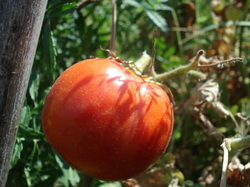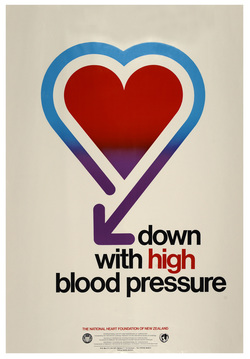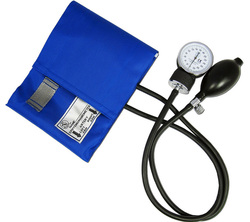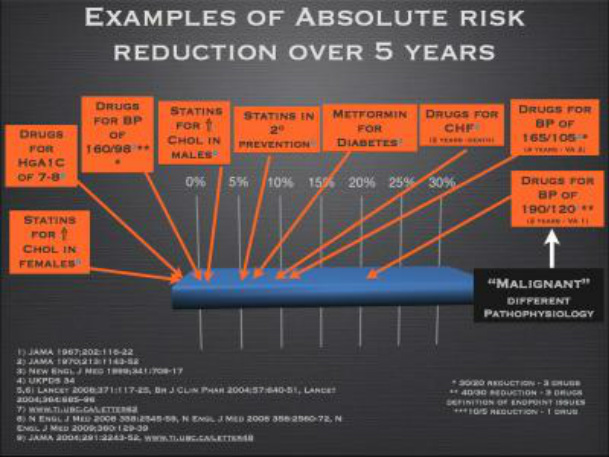
You will need: a food processor or blender, crockpot and the ingredients below.
Ingredients
3 cups of fresh tomato puree
1 small onion, chopped in quarter’s
1/2 cup apple cider vinegar or white vinegar
1/4 cup honey or coconut sugar or 1/8 cup agave nectar
1/4 teaspoon ground allspice
1/4 teaspoon ground cinnamon
1/4 teaspoon black pepper
1/4 teaspoon ground ginger
1/4 teaspoon ground cloves
1/4 teaspoon chili peppers or black pepper
1/4 teaspoon sea salt
2-3 tbsp tomato paste
Place tomatoes in food processor to ensure you have 3 cups. Then add all other ingredients to the food processor and process for 1-2 minutes and then place in crockpot and stir well. Cover and turn on high for 2 – 2 1/2 hours, stirring occasionally. Remove the lid and transfer to a blender and puree until smooth. Return to crock (if you used a blender or food processor) and cook on high uncovered for 30 minutes to 1 hour, stirring occasionally, until ketchup has reached desired consistency. You want it to be nice and thick. Place into clean mason jars and refrigerate or freeze. This will keep in the refrigerator for about 2 months.
Below is the original recipe which we have adjusted to what we had on hand.
Adapted from: http://simplysugarandglutenfree.com/homemade-sugar-free-ketchup-recipe-slightly-indulgent-mondays/




 RSS Feed
RSS Feed